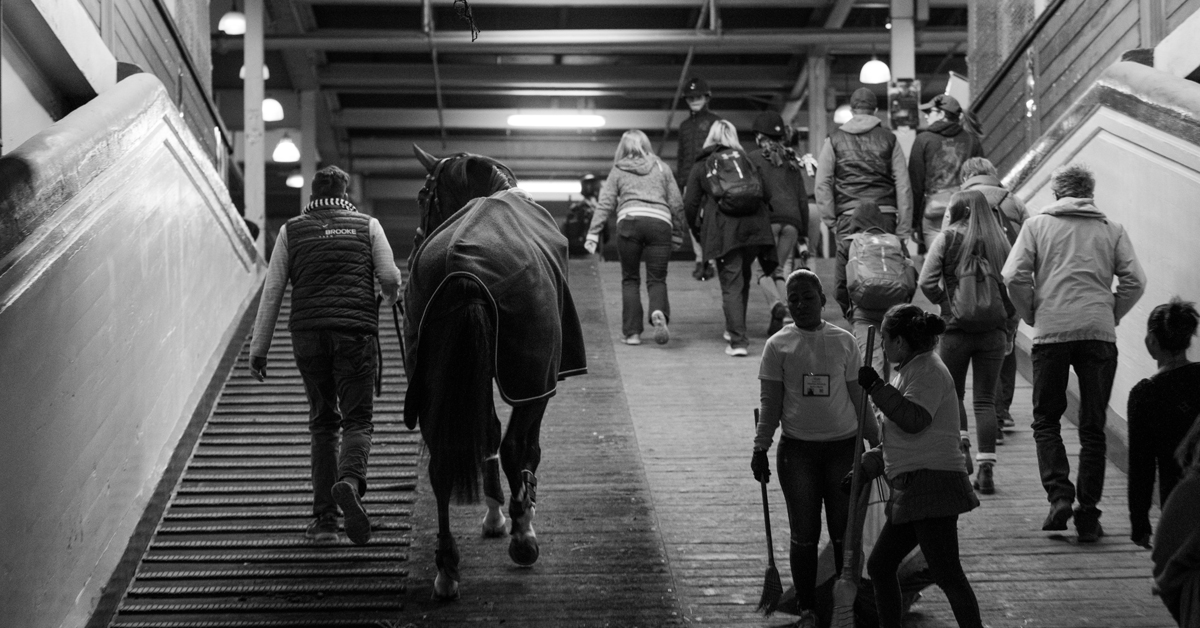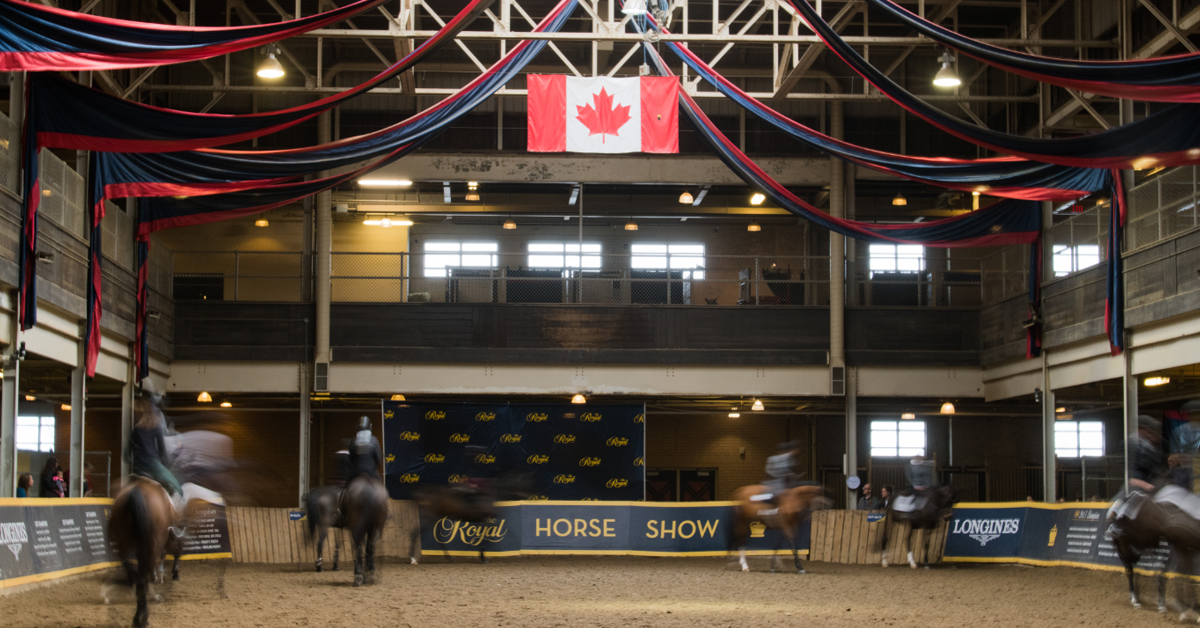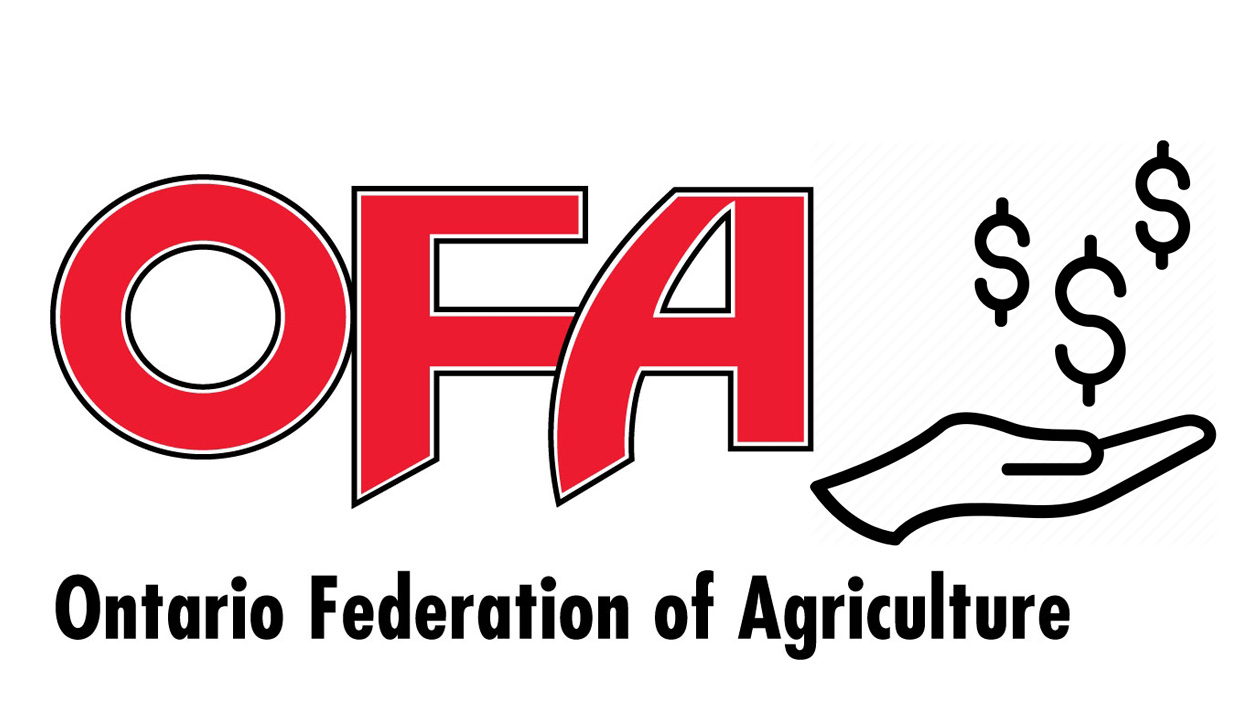As reported previously, American eventer Amy Tryon was accused of abuse following the fatal injury of her Rolex Kentucky Three-Day event mount, Le Samurai.
At the FEI Tribunal hearing on June 25th, Tryon was found guilty and suspended from competition from July 20 – September 19. Tryon was waived her right to appeal.
The main issues to be decided were (a) whether the competitor committed an “abuse†as this term is defined under the applicable rules and, if an abuse was committed, (b) whether it was an intentional act or an unfortunate omission to take action and stop the horse, as signals of discomfort were not correctly perceived by the competitor.
The Tribunal came to the conclusion that the competitor’s behaviour at the end of the cross-country phase of the event objectively constitutes abuse according to the requirements of the applicable FEI regulation. The competitor acted, by continuing to ride after the horse was objectively lame and injured. Conversely the competitor omitted to act, by failing to pull up the horse when she could have. This caused or was likely to cause pain or discomfort to the horse.
The Tribunal expresses its opinion that “abuse of horses constitutes an offence that violates the most fundamental rules of the equestrian sport and is, as such, highly reprehensible from a moral point of viewâ€. The Tribunal determined that, had “the competitor intended to ride a lame or injured horse, a suspension for life would not have been an inappropriate or a too severe penaltyâ€.
The Tribunal’s decision indicates, however, that it determined in this case that there was a “significant disconnect between what Amy Tryon felt and what was actually occurring.†While Amy Tryon was negligent in not stopping the horse, the Tribunal determined that she did not understand that the horse had been injured until just as she pulled him up. The decision states that “[t]he Tribunal believes that in the state the competitor was in – tired, focused on completing the course and without the benefit of video and ability to observe matters or analyze them logically – she did not realize that the injury had occurred, and thus never intended to continue on course with a lame or injured horse. The Tribunal believes that the competitor clearly realized that the Horse took quite a number of uneven strides, but could not determine their cause or likely severity. The Tribunal believes that the competitor should have nevertheless stopped earlier to understand the severity of the lameness.â€
The determination that there was no premeditation and no actual awareness by the competitor that she was riding a lame or injured horse is taken into account in imposing sanctions on the competitor.
In addition to her suspension, Tryon was fined CHF 1,000 and order to pay CHF 1,500 in legal fees.
More from Horse Sport:




